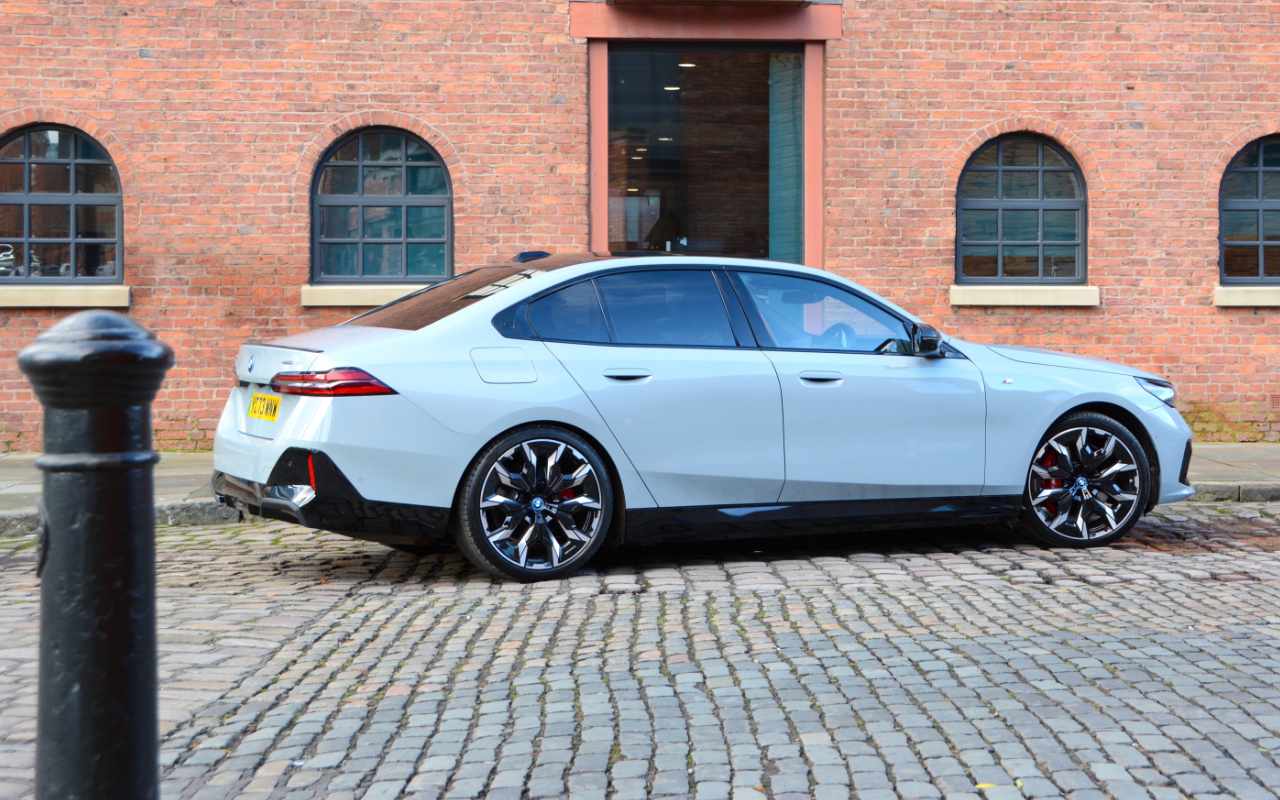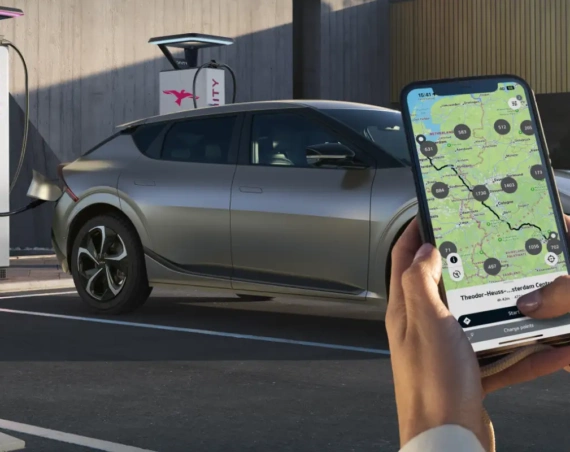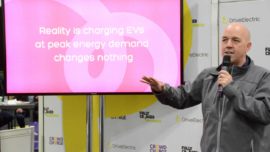 Mike Potter (left), managing director of EV specialist leasing broker DriveElectric, makes his prediction for electric car sales for the year ahead and questions if OEMs will hit the 22% ZEV requirement.
Mike Potter (left), managing director of EV specialist leasing broker DriveElectric, makes his prediction for electric car sales for the year ahead and questions if OEMs will hit the 22% ZEV requirement.
MANY factors are likely to influence the number of electric car registrations in 2024.
Compared to the Covid-19 pandemic and post-pandemic periods, there is now a considerable increase in the production volumes of electric vehicles (EVs), including an ever-widening choice of makes, models and body styles, with the notable appearance of a number of new brands from China.
However, only reaching a deal at the last minute in December 2023 about UK-EU Rules of Origin, which avoids tariffs on EVs, has presented a challenge for planning EV production numbers in 2024.
Businesses will continue to drive EV uptake
In addition, unless the UK Government changes it policy on consumer purchase incentives or reduces a lack of consumer incentives, or reduces taxes in the run-up to a general election, or there’s a new government with a more pro-EV policy, sales of new EVs are likely to continue to be mainly to businesses and fleets.
This means that many new EV sales are likely to continue being ‘executive’ cars that appeal to businesses rather than, for example, small family cars – even though a number of new ‘affordable’ EVs are due to come to market in 2024.
Electric car sales will fall short of 22%
Against this background, what will happen to EV sales in 2024? DriveElectric believes that a combination of factors, such as the ZEV mandate and the cost savings for businesses switching to EVs, will result in continued upward sales growth.
We are forecasting 380,000 registrations of battery electric cars in 2024. Based on two million new car registrations in total, this equates to a market share of 19% for battery electric cars (compared to 16.5% in 2023). This falls short of the target of 22% of new cars being zero emission vehicles.
The main reasons for that are a lack of consumer incentives in a period of continued cost of living pressures, and many car manufacturers not having enough zero emission models on sale.
Factors such as high interest rates and cost of living pressures had a significant impact on consumer EV sales in 2023.
While there are still challenges, such as the messaging around the ban on sales of new ICE vehicles being delayed from 2030 to 2035, the ZEV mandate should help to maintain the rise in EV sales that we’ve seen over recent years.
But due to an absence of consumer incentives and many manufacturers not having sufficient EVs in their model line-ups, it’s likely to be a challenge to meet the target of 22% of new cars being zero emission.
Organisations will be continuing to adopt EVs in order to make progress towards their net zero and sustainability commitments, but feedback suggests that misinformation about electric cars in the media is having a negative impact on buyers. DriveElectric will continue to communicate in a trusted way about EVs, including with real-world case studies about the lower cost of electric vehicle ownership and the higher levels of customer satisfaction.
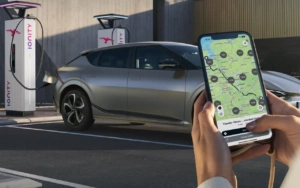
UK fleets show optimism: growth expected despite economic challenges
Thirty-eight percent – nearly two in five UK car and van fleets – are predicting growth in the number of vehicles they operate

Alpha Contracts Leasing celebrates 27 years in business
Leasing broker Alpha Contracts Leasing has just celebrated 27 years trading – set up in 1997 by co-owners Lynette Randall and Samantha Miles

Select Fleet Solutions – Eton celebrates 25 years
Select Fleet Solutions – Eton Office, formerly Benchmark Leasing, is celebrating 25 years in the leasing broker sector
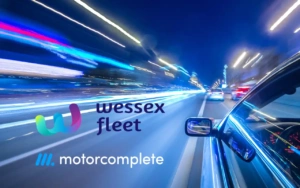
Wessex Fleet chooses MotorComplete broker platform for ARs
Wessex Fleet has selected the MotorComplete broker platform to provide websites for the Wessex Appointed Representatives (ARs)

New executive appointments in the fleet and leasing broker sector
There have been a raft of new appointments in the fleet and leasing broker sector, including the appointment of Ian Jeffery at PHVC

Broker News Awards 2024 in pictures
The Broker News Awards 2024 took place at the Orrery in London’s Marylebone. Here are the pictures to remember the event

Sarah Tooze has been an automotive journalist for more than 15 years, specialising in the fleet and transport sectors. She has held senior positions at industry-leading B2B titles Fleet News and Smart Transport, and led campaigns championing motorists as consumer editor for online used car marketplace Heycar and motoring advice website HonestJohn.co.uk. In 2017 she won the Newspress Automotive Business Journalist award.

